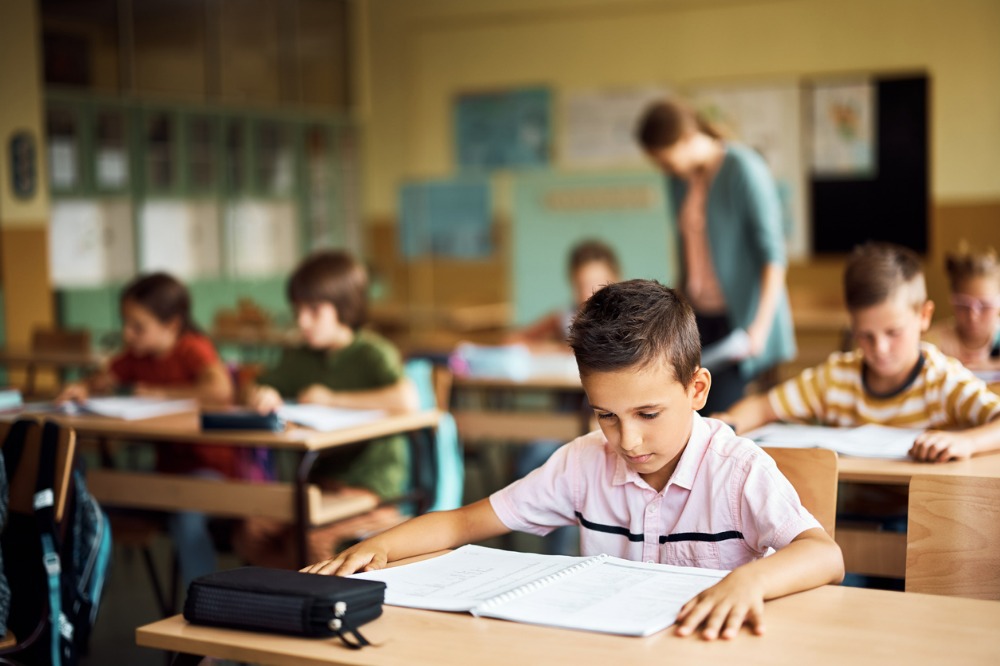
Improving the quality of Australia’s teaching workforce and lifting student outcomes can be achieved when teachers are equipped with ‘the science of learning’, a new paper says.
The paper, ‘What is the Science of Learning’ by Trisha Jha, a Research Fellow in the Education program at the Centre for Independent Studies, defines this emerging field as the integration of cognitive science and educational psychology insights with effective teaching practices.
It challenges traditional beliefs in education, such as student-led learning and the ineffectiveness of rote learning, arguing that student learning outcomes have not improved under the current model.
“Despite billions of additional dollars and concerted efforts at reforming several pillars of the Australian education ecosystem, students’ results continue to plateau,” Jha said.
“While the focus on teaching quality and effective, evidence-based practices is welcome, it is incomplete. Australian education needs to position the science of learning as the foundation for policy and practice.”
Jha points to science of learning as being key to better informing teachers about what works best in the classroom.
“Cognitive science tells us that the brain has specific ways of learning new information and using what’s in long-term memory, and this is effectively the same for all students,” she said.
“The science of learning connects insights from cognitive science and educational psychology to teaching practices supported [and not supported] by those insights.”
Rather than continuing with misconceptions promoting neuromyths, student-directed learning and the harm of rote learning, the science of learning provides an approach to teaching and learning backed by stronger evidence.
“The teaching approach best supported by the evidence is explicit instruction of a well-sequenced, knowledge-focused curriculum,” she says.
“But the teaching practices currently promoted by initial teacher education, teacher standards and curriculum guidance are at best vague about what is most effective or, at worst, contradictory to the science of learning.
“The solution is for our education policy ecosystem to embrace the science of learning as an integral part of quality teaching across the workforce.
“In order for these ideas to become the bedrock of Australian education, teachers, parents and policymakers all have a role to play.


